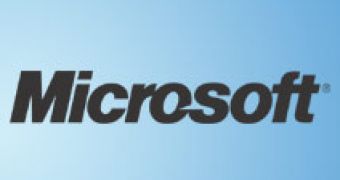Microsoft has a reason to celebrate today, with the United States Department of Justice announcing that its oversight of the company has expired as of May 12, 2011, as it was expected to do.
DOJ notes that it considers its antitrust lawsuit against the Redmond company started in 1998, as well as the anti-monopoly decision in 2002 to have contributed to a more healthy evolution of the software industry.
“The Microsoft final judgment, which has been in effect since 2002, was designed to eliminate Microsoft’s illegal practices, to prevent recurrence of the same or similar practices and to restore the potential for competition from software products known as “middleware”,” DOJ stated.
The Microsoft final judgment was designed to protect the company’s rivals and allowing them room to grow by putting an end to practices considered an abuse of the software giant’s dominant position with the Windows operating system.
The middleware that DOJ is referring to covers a variety of software solution, including browsers, media players and instant messaging clients.
It’s indeed true that the Microsoft of today has changed completely compared to the company it was last century.
Windows copies are being distributed without Windows Media Player, Windows Live Messenger is no longer integrated into the operating system, and Microsoft is even allowing OEMs and customers to turn Internet Explorer off completely.
In its case against the company, DOJ had accused Microsoft of using the Windows monopoly to force OEMs to only use IE if they wanted the rest of the operating system, preventing the removal of the browser from the platform, and working to block third-party software from functioning under normal parameters with the OS.
DOJ conclusion is that the final judgment increased competitiveness and stopped Microsoft from abusing its dominant position.
“Microsoft no longer dominates the computer industry as it did when the complaint was filed in 1998. Nearly every desktop middleware market, from web browsers to media players to instant messaging software, is more competitive today than it was when the final judgment was entered,” DOJ stated.
“In addition, the final judgment helped create competitive conditions that enabled new kinds of products, such as cloud computing services and mobile devices, to develop as potential platform threats to the Windows desktop operating system.”

 14 DAY TRIAL //
14 DAY TRIAL //